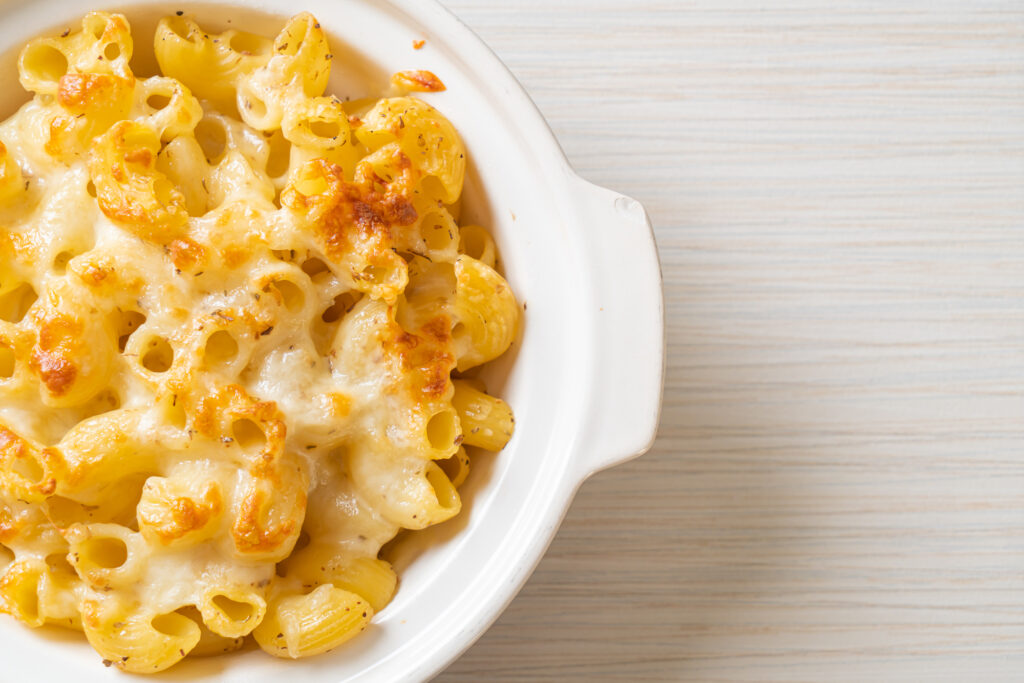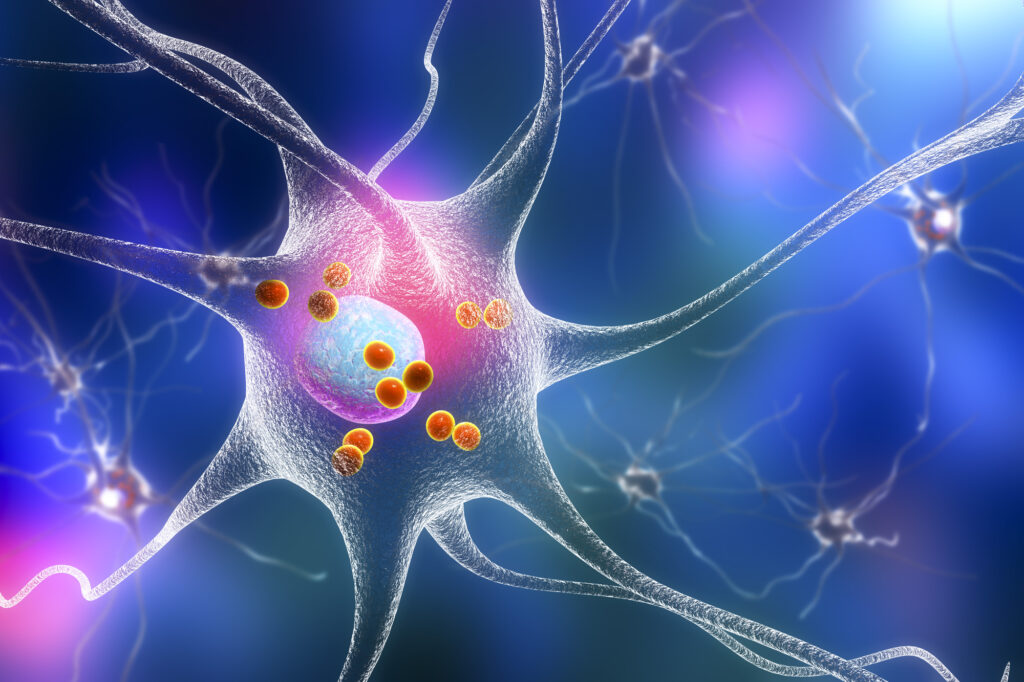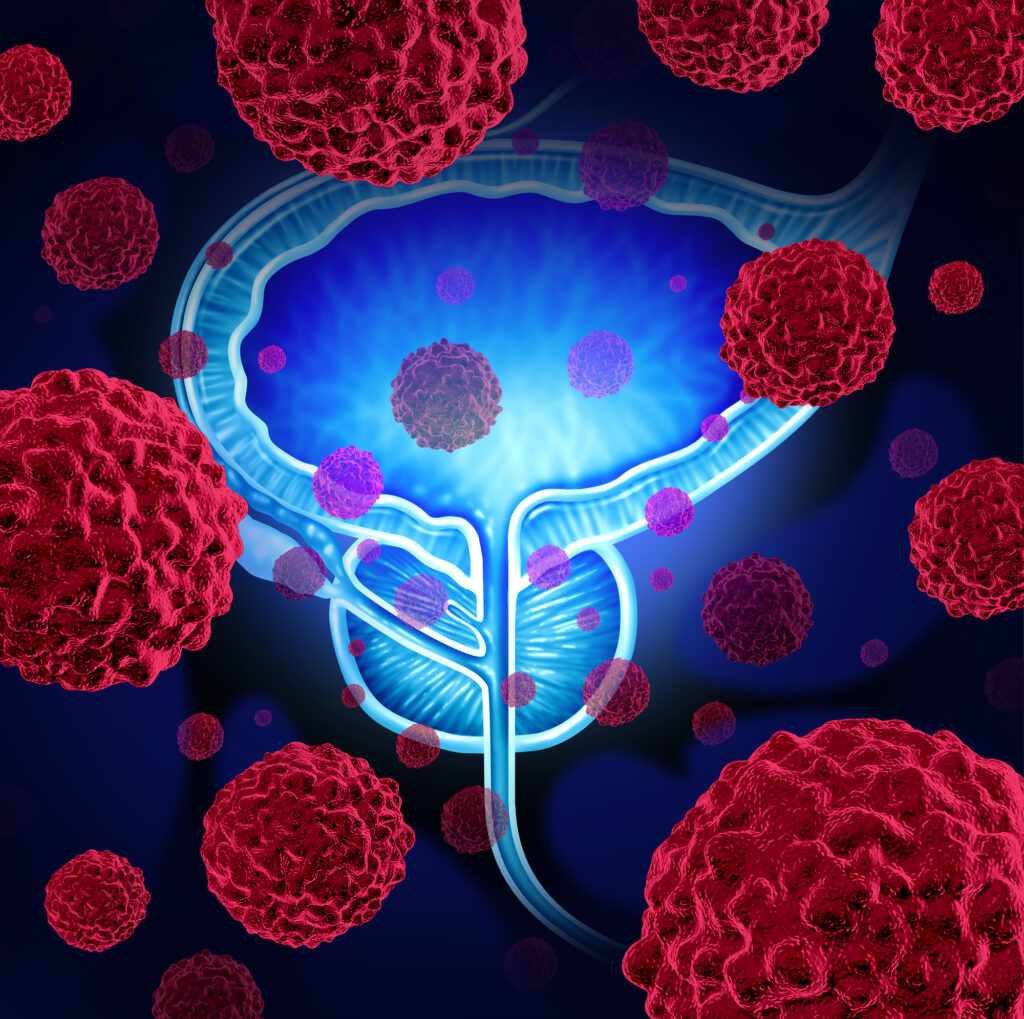We’re all familiar with stress eating. You feel the pressure getting to you and you reach for a “comfort” food—one that’s usually full of fat or sugar or both. Sure, you know these foods aren’t good for you, but they sure help take the edge off.
Or do they?
Scientists from the University of Bermingham in England recently discovered quite the opposite—that eating fatty foods when you’re stressed actually makes the stress worse. The results of their study were published in Frontiers in Nutrition.
The Study
To test the effects of eating fatty foods on stress, the team recruited 21 healthy people aged 18-30 and divided them into two groups. One group received a high-fat (56.5 grams of fat) meal and the other received a low-fat meal (11.4 grams of fat) 90 minutes before performing an 8-minute mental stress test.
The researchers took a number of stress measures before and after the test, including plasma triglyceride (TAG) concentration, forearm blood flow (FBF), blood pressure (BP), and cardiovascular activity. They also measured the participants’ endothelial function by brachial flow-mediated dilatation (FMD) before and at 30 and 90 minutes after the mental stress test.
“When we get stressed, different things happen in the body, our heart rate and blood pressure go up, our blood vessels dilate, and blood flow to the brain increases,” says Rosalind Baynham, the study’s first author. “We also know that the elasticity of our blood vessels—which is a measure of vascular function—declines following mental stress.”
In their analysis, the researchers found that—far from being “comfort” foods—fatty foods actually exacerbated the effects of stress on the body. “We found that consuming fatty foods when mentally stressed reduced vascular function by 1.74%. Previous studies have shown that a 1% reduction in vascular function leads to a 13% increase in cardiovascular disease risk. Importantly we show that this impairment in vascular function persisted for even longer when our participants had eaten the [high-fat meal].”
In fact, the scientists were still able to detect reduced arterial elasticity in participants up to 90 minutes after the stressful event was over. The team also found that eating high-fat foods affected cerebral oxygenation in the pre-frontal cortex, with lower oxygen delivery (39% reduction in oxygenated hemoglobin) during stress compared to participants who consumed a low-fat meal. Furthermore, fat consumption had a negative effect on mood both during and after the stress episode.
The research also suggested that by consuming low-fat food and drinks people’s recovery from stress is less affected. After eating a low-fat meal, stress still had a negative effect on vascular function (1.18% decrease in FMD), but this decline returned to normal 90 minutes after the stressful event.
Conclusions
The good news, say the researchers, is that eating certain foods can help you better deal with stress. The problem is that most of us are simply reaching for the wrong foods.
“We know that when people are stressed, they tend to gravitate towards higher-fat foods, either because it is the more convenient option…or as a treat to deal with the stress,” says Catarina Rendeiro, PhD, another of the study’s authors. “But by doing this, they are making their physical and psychological response to stress worse…For example, reduced oxygenation to the brain could potentially impact mood and mental health, making people even more stressed. On the other hand, it could affect cognitive function and people’s ability to perform the very task they are stressing about, such as an interview, an exam, or a work meeting. This is something we would like to do more research into in the future.”






